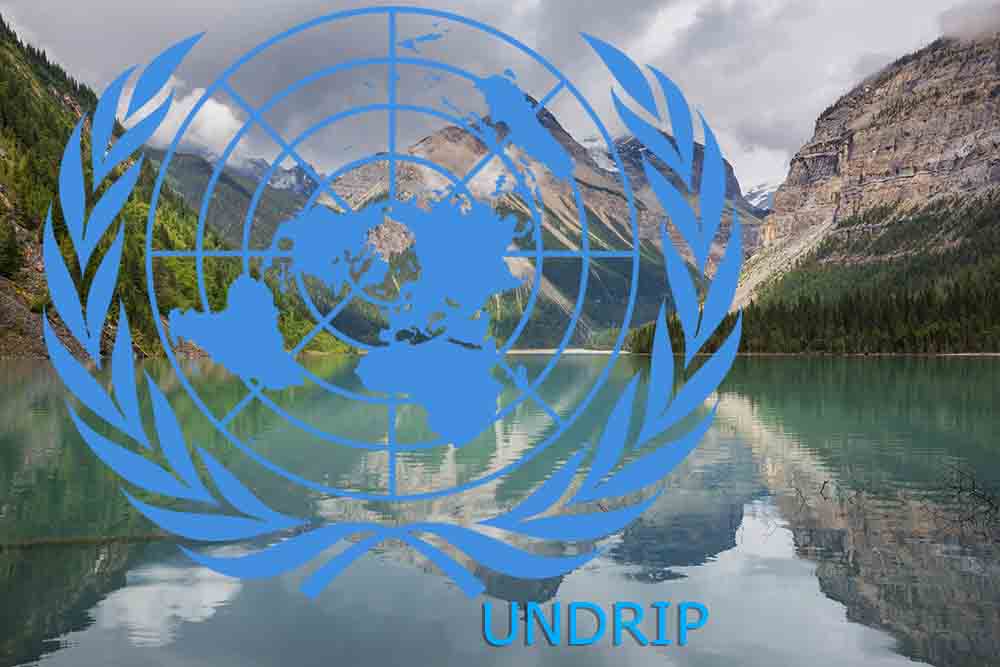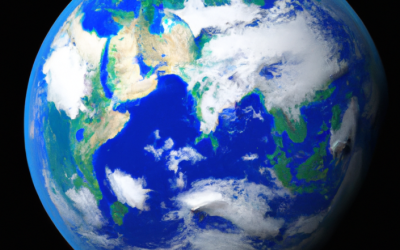It’s been awhile since I have written. I have tried. But I have not had anything useful to say. My concern has always been public policy. What should the government do for the best result? My writing on the government was technical. Here’s what the government is...
Commentary
Sadly, AFN Remains Bad Venue for Future-Oriented Prosperity Message
Manitoba’s First Nations should reflect on the AFN’s direction as they consider negative reactions to Conservative Leader Pierre Poilievre at a recent Assembly of First Nations (AFN) meeting in Montreal. Poilievre, who in the past has boldly said we need to end the...
They Are Closing Up the Internet
Such confusing times, so much in dispute, so much to discover and know. Billions of people are right now lifting their phones to their faces and searching for answers. The results they see are dramatically different from what they were just a few years ago. You have...
Etam: Trump and Energy
Did you know that the United States Secret Service has a Chief of Communications? Does that not seem a little odd? To excel at his job, would he be perfectly silent? Well, he’s not…Over the weekend the Chief of Communications of the United States Secret Service took...
Featured News
There’s Nothing Fair About Canadian Health Care
For the past 14 years, Vancouver surgeon Dr. Brian Day has led the charge for health-care reform, pushing for the right of patients to pay for private care if their health and well-being are threatened as a result of waiting in a stagnant and overburdened public...
Transformers: More than Meets the Eye
The path to net zero, based on the much disputed belief that carbon dioxide is a pollution, is more steep and impractical than most people realize. Replacing fossil fuels with clean electricity will require much more power generation and a greatly upgraded grid to...
The 3 Layers of the Technocratic State
There are three layers to the U.S. state that lord it over the American people and the world: deep, middle, and shallow. It’s a typology of how technocracy works in practice. Let’s talk about how it works and how the layers interact. Former President Donald Trump...
Like It Or Loathe It, The Coalition Is Cracking on
Say what you like about the coalition Government - and there are plenty of opinions - but it is clearly a Government determined to change New Zealand in the direction that it campaigned on, and quickly. The announcement made by Housing and Infrastructure Minister...
Newfoundland’s Constitutional Challenge is Mistaken
The Government of Newfoundland and Labrador has recently announced its intention to mount a constitutional challenge relating to equalization. This decision has been justified by arguments that are not accurate and displays a lack of understanding of the...
The Sixth Great Extinction Lie Is Destroying Economy and Culture
The Endangered Species Act is the most powerful law outside the cities, and it based on lies. This week and next I am running three to five minute reads that pick apart the reason for the failing economy for the bottom 70%. As Dr. Peter St. Onge says, the bottom 9...
UNDRIP’S False Promise of Indigenous Nationhood Threatens Individual Indigenous Canadians
All societies need to make use of force, both to preserve internal order and to protect themselves from external enemies. A liberal society does this by creating a powerful state, but then constraining that power under a rule of law. The state’s power is based on a...
We Can And Must Adjust To Climate Change – And Not Kill Billions
We’ve always done so and have no right to tell others they can’t have modern living standards. Earth’s climate has changed many times over four billion years, and 99.999% of those changes occurred before humans were on this planet. During that short time, humans...
Federal Government’s Bloated Bureaucracy Needs An Immediate Overhaul
Preston Manning: Competence and ability, not ideology, should be the core criteria for hiring civil servants
Micromanaging School Boards is the Wrong Approach
Remember Bill 64? Introduced in 2021 by the former Progressive Conservative government, Bill 64 proposed to abolish locally elected school boards. The NDP led the charge against this bill. Current education minister Nello Altomare, then serving as his party’s...
It Seems We Are Far Too Canadian; Yet Not Canadian Enough
Oh, Canada. You have been too nice. Too kind. Too silent. For too long. And now a noisy minority is undermining our country’s values, laws and institutions. Protestors have taken over many university campuses and they are fomenting hatred toward Jews and Israel. Few...











